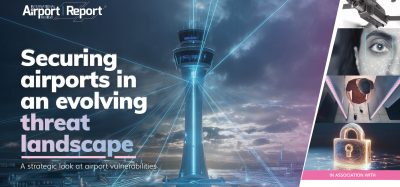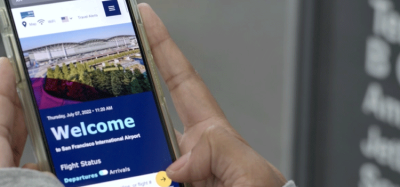Cyber Security and the Wild West
- Like
- Digg
- Del
- Tumblr
- VKontakte
- Buffer
- Love This
- Odnoklassniki
- Meneame
- Blogger
- Amazon
- Yahoo Mail
- Gmail
- AOL
- Newsvine
- HackerNews
- Evernote
- MySpace
- Mail.ru
- Viadeo
- Line
- Comments
- Yummly
- SMS
- Viber
- Telegram
- Subscribe
- Skype
- Facebook Messenger
- Kakao
- LiveJournal
- Yammer
- Edgar
- Fintel
- Mix
- Instapaper
- Copy Link
Posted: 11 March 2016 | Dr John McCarthy, Cyber Security Specialist | No comments yet
A word about Cyber Security with Dr John McCarthy. An exclusive blog post from the high-profile Cyber Security Specialist…
It is often said that the internet is a new frontier ready to be discovered and explored. Parallels are often drawn between Cyber Space and the Wild West. In some ways this is true. The Wild West and Cyber Space are both lawless domains where criminals can and do act with impunity. Many marginalised groups sought the freedom of the Wild West and emigrated to the USA where they could act and practice what they wished. Those same groups today can use the Internet a platform for their views which may not be welcome anywhere else.
Both the internet and the Wild West are arenas that lack or lacked censorship. For some this pioneering spirit is what is attractive, for others a cause for concern. One fundamental difference is that the Wild West was at a physical location. You could travel to it or avoid it as you wished. The internet has no physical location, and although we may try and avoid it, in developed economies it is ubiquitous. It touches every part of our lives. Even if we don’t ‘use it’ everyone around us does and as such there is no escaping it.
This difference cannot be overstated. In the past we could sit in our civilised homes and talk about the dangers and depravities of the Wild West knowing full well that unless we visited we were safe. This cannot be said of the internet. The dangers of the internet are all around us, our children and our businesses. We like to think the internet is ‘safe’ but in reality it can be both very safe and completely lawless at the same time. We need to understand this dichotomy, something governments struggle to grasp.
If you are a victim of cyber crime the chances of the criminals being caught is very small. They are probably located in another country and our legal systems have yet to address the issues raised by international boundaries and cyber crime. The internet does not respect nation states – for example, an email you send could easily travel the world to reach its destination which could actually be very close to you. The internet protocols we use are designed to do this.
In the Wild West we ultimately solved the problem by binding physical location and security. We brought in policing and had clear understanding of what was being secured or protected. We cannot apply this solution to the internet as it does not have a location. However there are some things we can do – we can keep our own house in order, for example. But this is very limited. We have created a world where everything is connected to everything else, the ‘Internet of Things’ and ‘Smart Cities’ are new buzz words which are becoming realities. One weak interconnected link is everyone’s weak link. Many of us simply do not have the mind-set to grasp that cyber security reaches beyond international boundaries, or laws. It is natural that we react according to our location. Sadly, this is of little help in the cyber realm.
About Dr John McCarthy
Dr John McCarthy PhD BSc (Hons) MBCS is a renowned authority on cyber security strategy, development and implementation and is an Airport Cyber Security Fellow for ServiceTec Global Services.
Dr McCarthy is frequently invited to sit on expert panels and appear as a speaker at well-known security events including International Airport Review’s own Airport Security and Airport IT events. Past appearances have included talks on ICT Security in the Modern Airport, Security in the Digital Age and SCADA threats in the Modern Airport. He has also been a member of International Airport Review’s Editorial Board since January 2014.
Dr McCarthy is also a leading expert on social engineering awareness training and best practice.


















